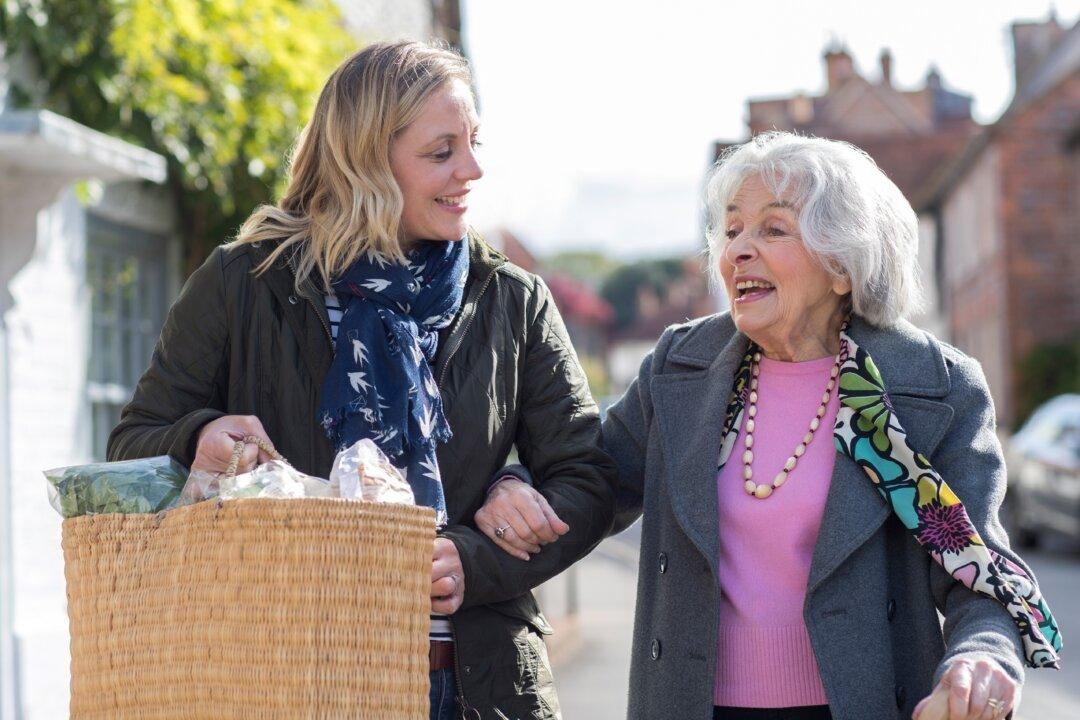Let’s face it—we live in some pretty turbulent times. The world is going through some serious cultural, economic, and political upheavals, not to mention a pandemic (that we’re constantly reminded about) that has introduced requirements for freedoms we once took for granted.
Understandably, people can feel a little overwhelmed, but there’s something we can all do that’s good for both our mental and physical well-being—be of service to others.






